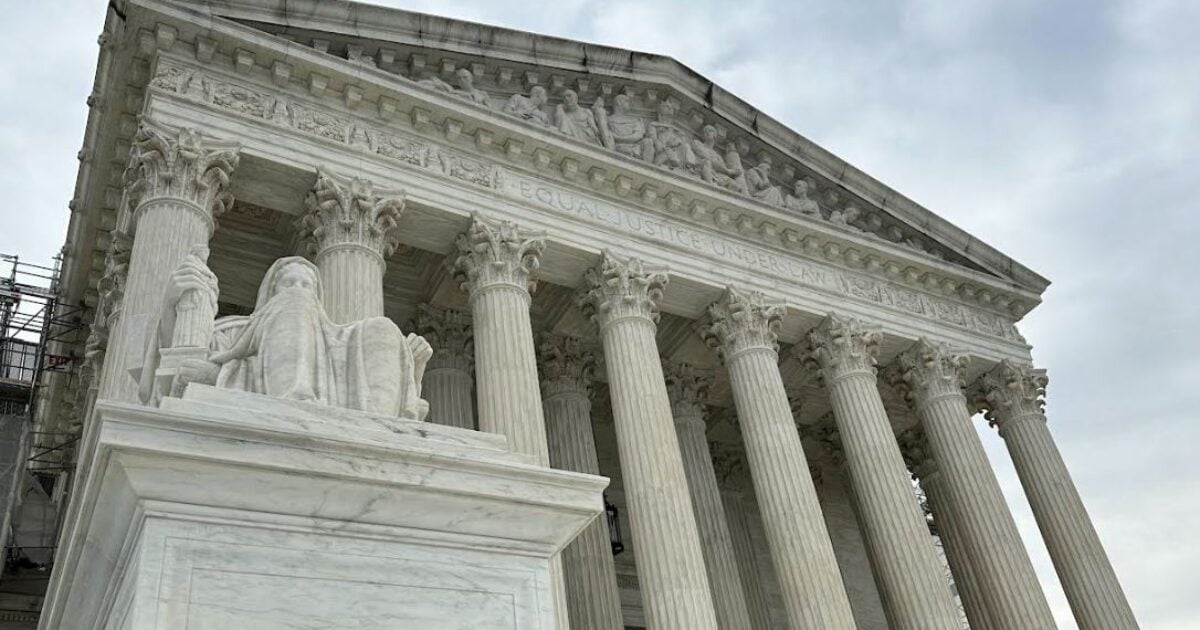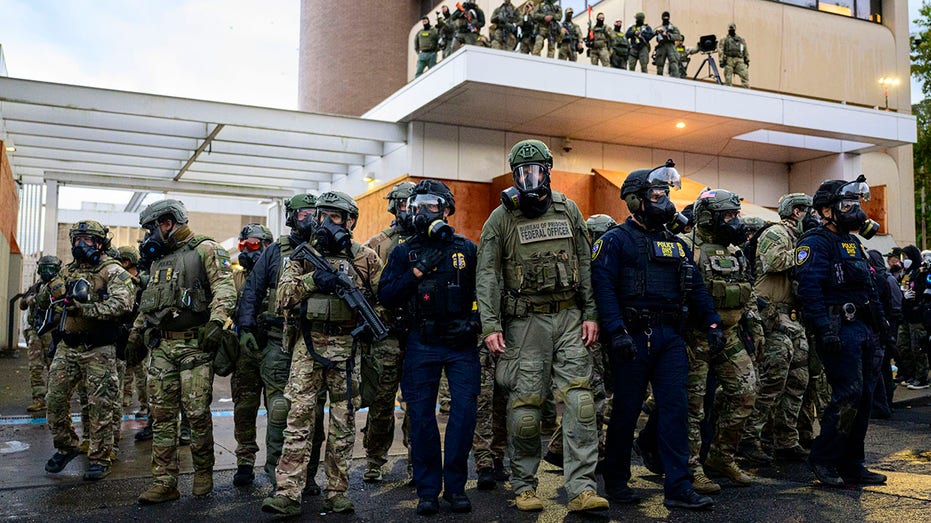A political stalemate deepened in Washington as Senate Democrats once again prevented a Republican plan from guaranteeing paychecks for federal workers and military personnel caught in the crossfire of the ongoing government shutdown. The impasse, now stretching into its 38th day, leaves thousands facing financial uncertainty with each passing week.
Senator Ron Johnson of Wisconsin repeatedly attempted to pass his “Shutdown Fairness Act,” a measure designed to ensure both active employees and members of the military receive compensation even during periods of governmental closure. He revised the bill after initial objections, extending its coverage to include furloughed workers – those temporarily without assignments – in a bid to address Democratic concerns.
Johnson voiced the frustration felt by many federal employees, describing them as “sick and tired” of being manipulated as political bargaining chips. He argued they deserve financial security regardless of Washington’s dysfunction, a sentiment echoed by several federal employee unions who publicly supported the legislation.
Despite these changes, the bill faced a largely partisan blockade on the Senate floor. The debate grew heated, with Majority Leader John Thune accusing Democrats of prioritizing political “leverage” over the well-being of Americans directly impacted by the shutdown. He passionately argued this wasn’t about strategy, but about real lives.
The Republican effort to address worker paychecks unfolded against a backdrop of shifting dynamics. Initial plans to revisit a previously passed House resolution were thwarted by a newly emboldened Democratic caucus, energized by recent electoral gains. This unity effectively dismantled bipartisan efforts to find a compromise.
As the Republican proposal faltered, Senate Minority Leader Chuck Schumer presented a counter-offer. Democrats proposed a one-year extension of subsidies for the Affordable Care Act – the core issue fueling the shutdown – in exchange for Republican votes to reopen the government. This offer, previously dismissed in private discussions, met with continued resistance from the GOP.
The Senate is scheduled to reconvene Saturday for yet another vote on the House-passed plan, marking the 15th attempt to break the deadlock. The outcome remains uncertain, leaving the fate of federal workers and the stability of government services hanging in the balance. The question now is whether Schumer and his caucus will maintain their unified opposition, prolonging the crisis.






